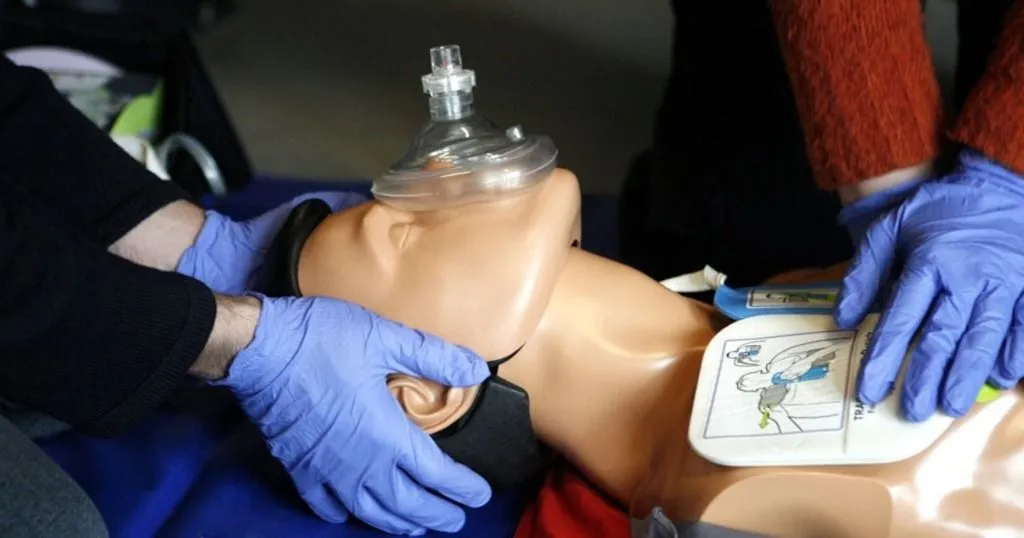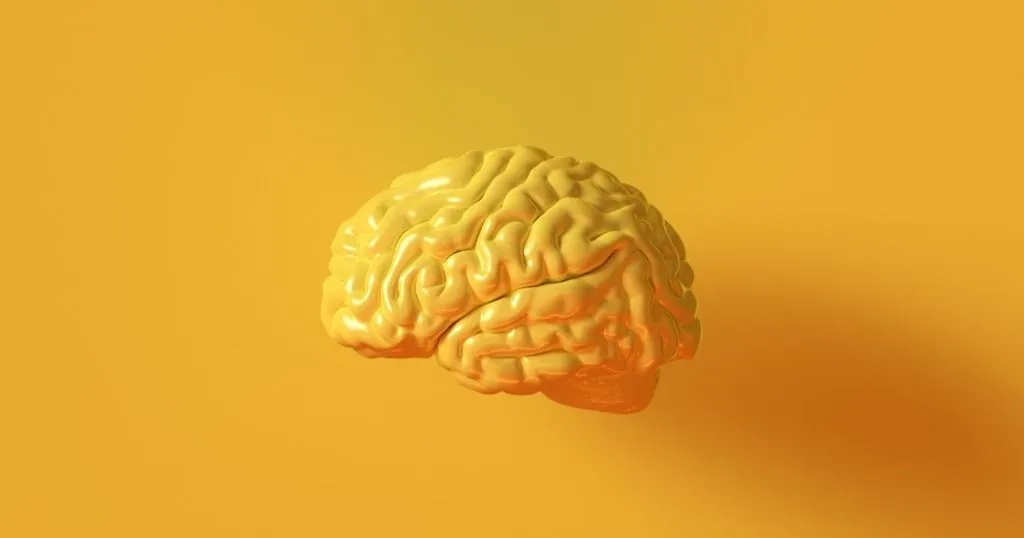Behavioral Research Blog

13 Aug
animal behavior research
Other (Animal)
User Meeting: exploring external data integration
A few months ago, we organized our very first User Meeting about EthoVision XT and external data integration! The meeting included interesting talks, discussions, and demonstrations with a diverse group of participants.

01 Aug
animal behavior research
Other (Animal)
LIFESTART project
The importance of good nutrition for human babies is well known. But what about young animals?

25 Jul
animal behavior research
Anxiety, Depression and Fear
Is a unique calcium regulating mechanism a cause of Gulf War Illness?
Gulf War Illness (GWI) is potentially caused by organophosphate exposure. Through behavioral experiments, using a DFP rat model, researchers tested levetiracetam as a potential cure.

23 Jul
human behavior research
Human Factors
3 reasons to join us at Applied Human Factors & Ergonomics meeting (DriveLab)
The International Conference on Applied Human Factors and Ergonomics (AHFE) is held annually. Here is why you should attend.

11 Jul
human behavior research
Consumer
Understanding consumer buying behavior
What predicts a sale, and what causes consumers to buy from a particular brand over another? To know how and why customers make decisions, you can take a deeper look at consumer behavior.

04 Jul
animal behavior research
Autism Spectrum Disorders
Gut microbes: both cause and cure of autism?
Gut microbes can increase or decrease typical autism spectrum disorder behavior (stereotypies, social behavior, locomotion, and communication) via metabolites and influencing alternative gene splicing.

01 Jul
human behavior research
Psychology
Studying posture development in infants at risk for autism
Research shows that early posture development is delayed in infants who are eventually diagnosed with an autism spectrum disorder (ASD). Understanding these delays helps to improve early diagnosis and intervention.

21 Jun
animal behavior research
Other (Animal)
Stereotypical effects on cognitive bias
Stressed-induced stereotypical behavior in lab mice have different effects on cognition. The radial arm maze is often used to investigate this.

20 Jun
human behavior research
Healthcare
How to assess medical team effectiveness
Healthcare professionals working in an operating or emergency room, frequently deal with unpredictable situations in which they need to stay focused and think clearly. How do they manage that?

17 Jun
human behavior research
Neuroscience
Cognitive neuroscience: the basics
What is cognitive neuroscience? As my professor once said, it is the overlapping science of the ‘dry and the wet’ part of the brain.